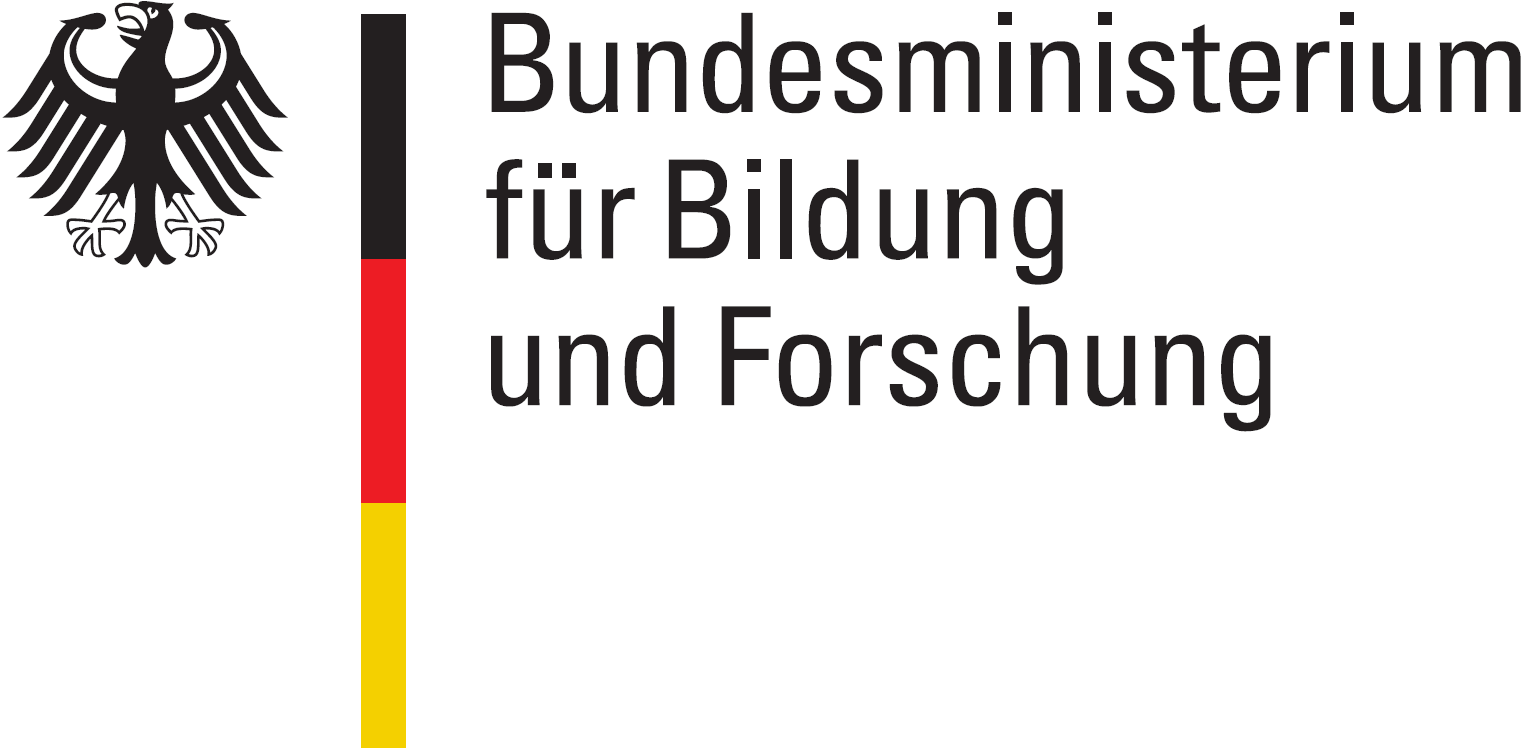„SPEED“ Press Release
Published: Wednesday March 23rd, 2016 • In News • By sicoya

ADVA Optical Networking Pioneers New Silicon Photonics Consortium
SPEED Project Establishes Value Chain for Development of Electro-Photonic Integrated Circuits in Germany
March 23, 2016
The SPEED project is about collaboration. It’s about combining the expertise and passion of a leading multi-disciplinary engineering team to realize a shared vision.
ADVA Optical Networking today announced that it is leading the Silicon Photonics Enabling Exascale Data Networks (SPEED) project. The project creates a platform for development, manufacturing and packaging of application-specific electro-photonic integrated circuits (ePICs) in silicon. ePICs combine electronic and optical functions on a single semiconductor chip, delivering better performance, smaller footprint and lower cost than competing solutions. Target applications are board-mounted optical transceivers for ultra-high-speed data center interconnects. ADVA Optical Networking is coordinating the project and also playing a key role in the transceiver development and design.
“The SPEED project is about collaboration. It’s about combining the expertise and passion of a leading multi-disciplinary engineering team to realize a shared vision – that high-bit-rate optical transceivers in the future should be as easy to manufacture and handle as electronic ICs today,” said Jörg-Peter Elbers, VP, advanced technology, ADVA Optical Networking. “In SPEED, manufacturability, testability and low-cost packaging are top priorities right from the beginning of the project and not the neglected step-child to be dealt with at the end. Leveraging a CMOS-compatible ePIC approach, the potential to drive innovation and improve time to market is immense and opens a clear path towards more vertical integration in our products.”
The SPEED project, which is funded by Germany’s Federal Ministry of Education and Research (BMBF), began in November 2015 and is set to run for three years. Project partners include AEMtec, Finetech, Fraunhofer HHI and IZM, Innovations for High Performance Microelectronics (IHP), Paderborn University, Ranovus, Sicoya, TU Berlin, and Vertilas. Using a common framework, the project will develop two next-generation 400Gbit/s board-mounted optical transceivers: a four wavelength direct-detect solution for intra-data center and a single-wavelength tunable coherent device for inter-data center interconnects. The innovative approach that the SPEED consortium is pursuing will help the industry tackle critical issues concerning cost efficiency, power consumption and thermal management.
“We conduct cutting-edge research and development that’s relevant for businesses today. Providing a bridge between academia and the industry is central to our mission,” commented Professor Bernd Tillack, scientific director, IHP. “That’s why we’re so excited to be part of the SPEED project. Working closely with SPEED partners means our technology quickly moves from the laboratory to production. Leveraging IHP’s high-speed BiCMOS and silicon photonics technology, we can help build innovative optical transceivers that rapidly respond to the needs of end users, such as data center operators and content providers, and make an impact in the real world.”